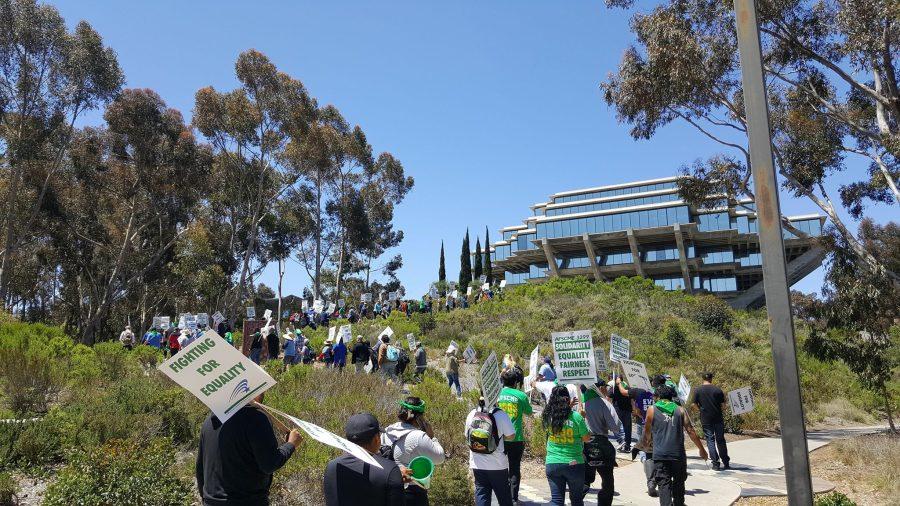In a 5-4 decision handed down on June 27, the U.S. Supreme Court struck a heavy blow to the American Federation of State, County, and Municipal Employees. The decision in the case Janus vs. AFSCME held that charging public labor union fees to non-members is a violation of the First Amendment.
Writing on behalf of the majority, Justice Samuel Alito reasoned that public labor unions are, by nature, political, and therefore cannot compel workers to support them financially. Because, as the majority argues, union funds are used for persuading government and public policymaking, compelling people to pay fees for such activity is the same as forcing political support for a specific cause that individuals may not agree with.
This decision overturns the ruling in the 1977 case, Amood v. Detroit Board of Education, which allowed unions to charge “agency fees” from non-members to cover the cost of negotiations. In essence, unions used to be able to charge a shared fee from workers, even if they weren’t involved or supported the union.
Citing implications of free speech, the majority decision asserts that “no person in this country may be compelled to subsidize speech by a third party that he or she does not wish to support.”
The local chapter of AFSCME 3299, the largest union representing UC workers, has been locked in negotiation battles with the UC system for months. Back in May, their service unit launched a three-day labor strike across all UC campuses, following an impasse over contract renewals.
John de Los Angeles, communications director for 3299, told the UCSD Guardian that the union isn’t too worried about their funding after the Janus decision.
“Our members do understand the importance of remaining members in the union” de Los Angeles said. “I am glad to say, we financially in good standing because of that.”
In 2016, the case Friedrichs v. California Teachers Association brought up substantially similar arguments as Janus. The issue addressed was the legality of fundraising methods employed by public sector unions with regards to the First Amendment.
However, because Justice Antonin Scalia’s seat was still vacant following his death, the eight-member court divided evenly on the issue, and the ruling of the lower court automatically stood. De Los Angeles says that the Janus case was just a reincarnation of Friedrichs.
“When we first heard of the Friedrichs case, our union actually began having conversations about the importance of membership, one-on-one with our members. We read the tea leaves ahead of time and got out ahead of it.”
Although their funding has not been hindered significantly , AFSCME 3299 is still frustrated with their negotiation progress. Giving an update about the status of their negotiations with the UC after the strike in May, de Los Angeles said that the service unit has been invited back to the table, but not much headway has been made on core issues.
“They have yet to respond to the growing inequality that we’ve been raising for quite some time now. They have yet to acknowledge that this is being driven by their outsourcing practices. They question where this data is coming from, but in fact, we’ve received that data directly from the UC. It’s their own employment data, so these numbers don’t lie.”
De Los Angeles added that while wages and outsourcing are contentious issues, the real source of anger from their members is more deeply rooted in economic and social justice.
“Our communities of color have been historically left out. This fight is not about a 3 percent [wage increase], this is about the 20 percent gap in pay for women of color. This is about the 37 percent decline of the African American workforce at UC since 1996” de Los Angeles stated. “I think if we’re gonna be talking about these issues, we need to acknowledge that these are real problems that are the source of this anger and uprising from workers and students.”
De Los Angeles also noted that new members have joined the UC Board of Regents since the end of the school year. When asked what he hopes to see from the new board members, he told the Guardian that there is an opportunity to bring a fresh perspective on long-stagnated issues.
“I hope they engage with us in a dialogue that acknowledges these problems,” he said. “Leadership has failed to acknowledge this for a while.”














